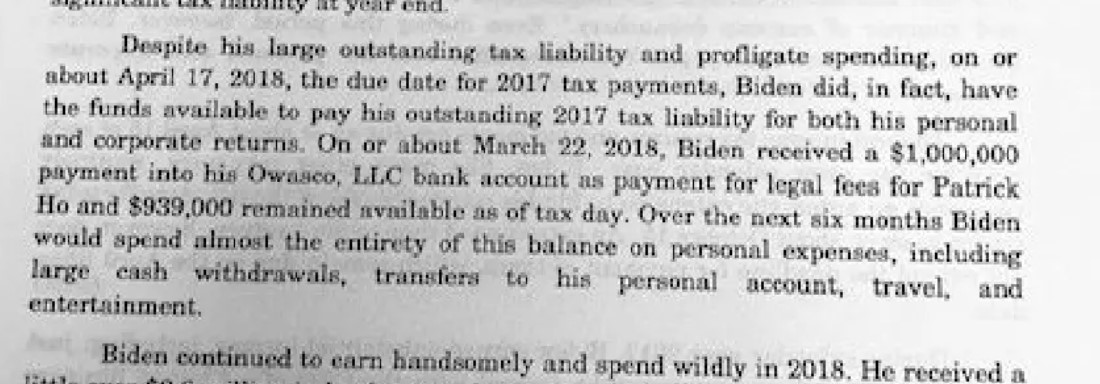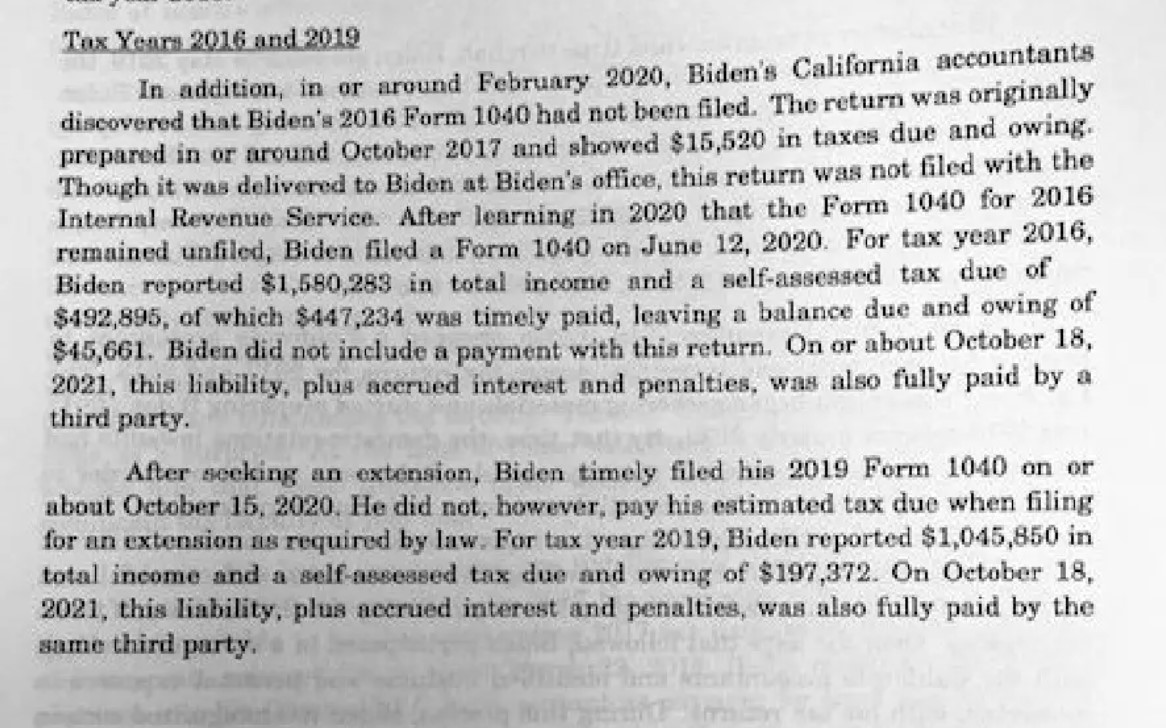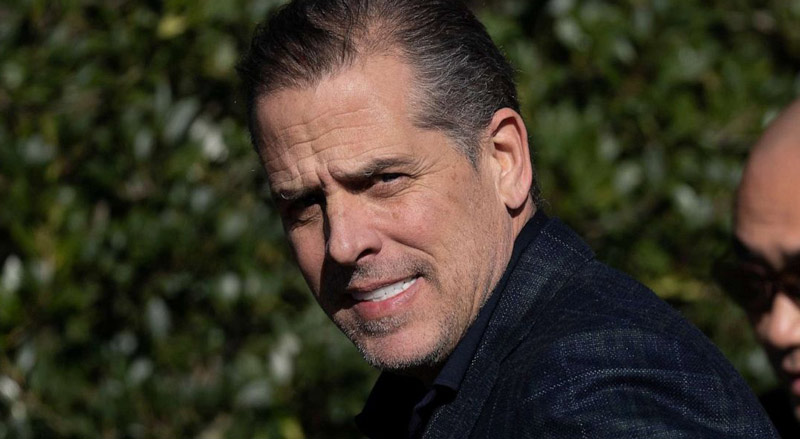The plea deal of Hunter Biden has been put on hold following the expression of concerns by a judge on Wednesday regarding the proposed plea agreement and a related pretrial diversion program.
While lawyers provided details about the deal during the court session, the actual documents have not been made available on the court’s official record. However, Politico has obtained access to these documents and is disclosing their contents.
According to the proposed plea agreement and diversion arrangement, Biden would admit guilt to two misdemeanor tax charges. Additionally, he would avoid facing penalties for a felony gun charge, provided he maintains a clean record for two years.
The United States prosecutors recommended probation for Hunter Biden under certain guidelines agreed upon in court. These provisions included abstaining from alcohol and illicit drugs and seeking employment. The document in full is available below.
In its Exhibit, the plea deal reviews the discrepancies between Hunter Biden’s foreign-based and domestic income and the taxes he paid. It lists for 2017, for example, the $1 million he made from a company he formed “with the CEO of a Chinese building conglomerate,” the $666,666 he made domestically, the $664,000 from a Chinese infrastructure investment company, the $500,000 in director’s fees from a Ukrainian energy company, the $70,000 from a Romanian business, and $48,000 from the multi-national law firm.
The Exhibit proceeds to show how Hunter Biden was able to pay his taxes despite his “profligate spending,” since in 2018, he “continued to earn handsomely and spend wildly.”

“Biden, however, paid nothing,” the document adds.
The Exhibit then shows that an unnamed “third party” in 2021 paid for Hunter Biden’s owed back taxes of $45,661 for 2016, plus interest and penalties. The same third party then paid for his back taxes of $197,372 for 2019, plus interest and penalties.

The planned plea agreement for Hunter Biden encountered significant hurdles on Wednesday during a lengthy federal court hearing. Lawyers involved in the case disagreed on the deal’s scope, and U.S. District Judge Maryellen Noreika expressed reservations about the terms.
Right from the outset of the hearing, Judge Noreika displayed significant doubts about the deal, which granted Hunter Biden a broad and lasting immunity from prosecution. She questioned prosecutor Leo Wise about any prior instances where such a deal had been proposed, and he acknowledged that there was no precedent for it.
Another area of concern for the judge was a provision in the diversion agreement that prevented prosecutors from bringing additional charges against Biden for certain offenses, unless she found evidence of a violation of the agreement.
Following Judge Noreika’s inquiry about the possibility of the government bringing a charge related to the Foreign Agents Registration Act, attorney Wise affirmed that it was indeed possible. This moment marked the beginning of the breakdown of the initial plea deal, as defense attorney Chris Clark stated that his team would not be in agreement with such a charge.
“As far as I’m concerned, the plea agreement is null and void,” Clark said.
However, Judge Noreika’s decision on Wednesday doesn’t necessarily mean the deal is entirely abandoned. Instead, both parties will need to address the specific concerns raised by the judge regarding certain aspects of the agreement.
If approved, this component of the deal would enable Hunter Biden to evade imprisonment for the gun charge if he maintains sobriety for two years and stays clear of any further legal violations.
Another noteworthy aspect is that Hunter Biden would have the opportunity to change his initial “not guilty” pleas to guilty ones on the tax charges if Judge Noreika ultimately approves the deal. Consequently, the U.S. Attorney’s office, led by David Weiss, would then defer prosecution on the felony gun charge.

